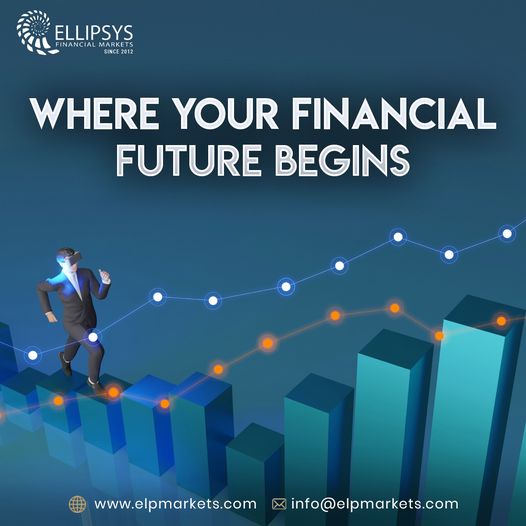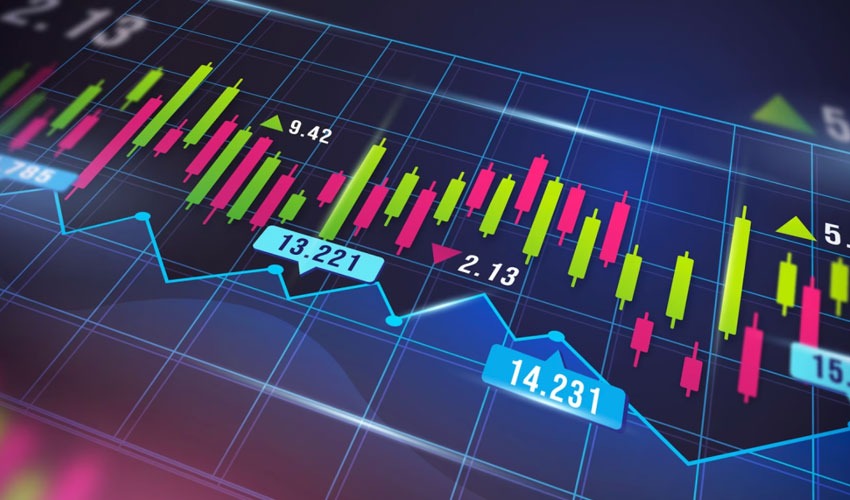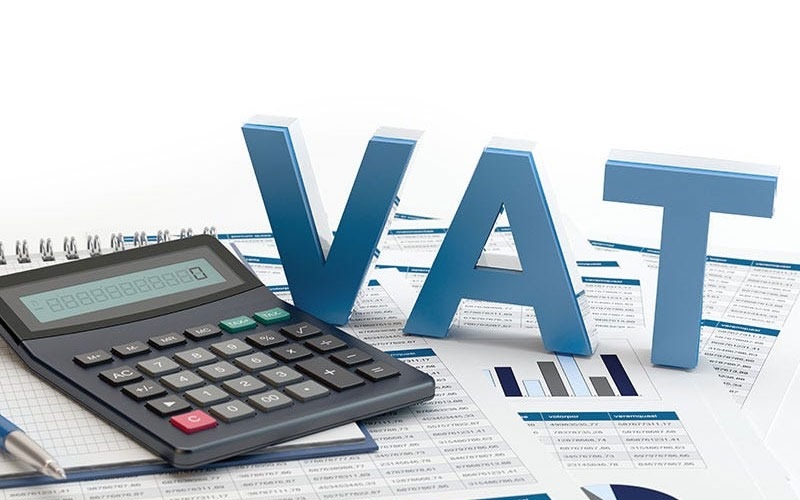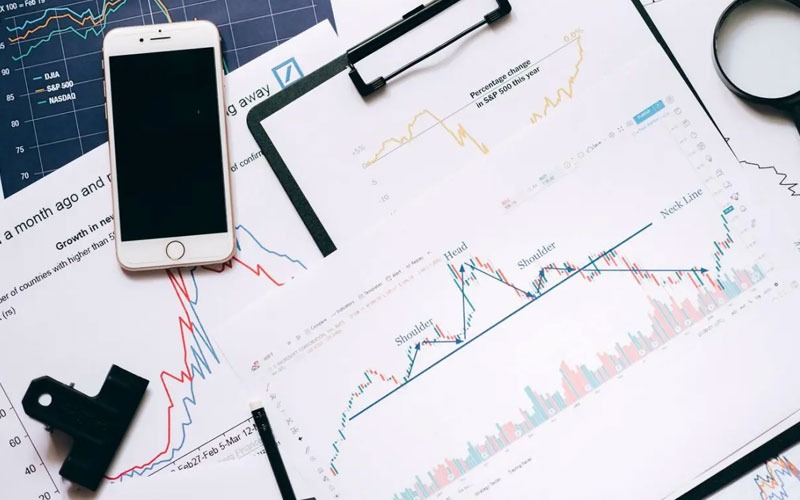The money markets are known for their high level of safety and comparatively lower interest returns when compared to other markets. They typically deal in highly liquid goods with short maturities (less than a year).
Large-volume trading between institutions and dealers occurs in the money markets at the wholesale level. They include financial accounts established by bank clients and money sector mutual funds purchased by private investors at the retail level. Additionally, people can invest in the money markets by buying U.S. Treasury bills, municipal notes, or shorter-term certificates of deposit (CDs), among other securities.
Securities Markets
Any contract between more than one party that has an agreed-upon value depending on an underlying financial asset (such as a security) or a collection of assets (such as an index) is called a derivative. Inside a derivatives market, traders exchange complex financial products such as futures and options contracts, which are derived from underlying instruments such as stocks, bonds, commodities, money, interest rates, and market indexes, instead of directly trading equities.
The listing and trading of futures contracts takes place on futures exchanges. The futures markets are well-regulated, employ clearinghouses to settle and confirm contracts, and use standardized contract specifications in contrast to forwards, which trade over the counter. Similar to this, options markets list and oversee options contracts. One example of this is the Chicago Board Derivatives Exchange (Cboe). Exchanges for futures and options may list contracts on a range of asset types, including commodities, fixed-income securities, stocks, and more.
The Forex Market
Participants in foreign exchange trading (forex market) can purchase, sell, hedge their risks, and speculate on changes in the exchange values between different currency pairs. Since cash is a highly liquid asset class, the currency market is the market with the greatest liquidity globally. Daily transaction volume on the currency market exceeds that of the equity and futures markets combined by over $7.5 trillion.
The forex market is decentralized and made up of an international network of computer systems and brokers, just like the OTC markets. The entities that comprise the foreign exchange market are central banks, banks, investment management organizations, hedge funds, retail forex traders, and investors.
Commodities Exchanges
The venues where manufacturers and consumers come together to exchange tangible goods include commodities related to agriculture (corn, cattle, soybeans), energy (oil, gases, carbon credits), valuable metals (gold, platinum, silver), and “soft” commodities (cotton, coffee, sugar). Spot commodities markets are those where tangible goods are traded for cash.
Nonetheless, the majority of these commodities’ trading occurs on derivatives markets, where the underlying assets are spot commodities.
Exchanges for Cryptocurrencies
A disorganized network of independent online cryptocurrency exchanges, which is one of the financial markets today allows users to purchase and trade thousands of digital currency tokens worldwide. These exchanges provide virtual wallets where traders can exchange a single digital currency for a different one or fiat money like dollars or euros.









